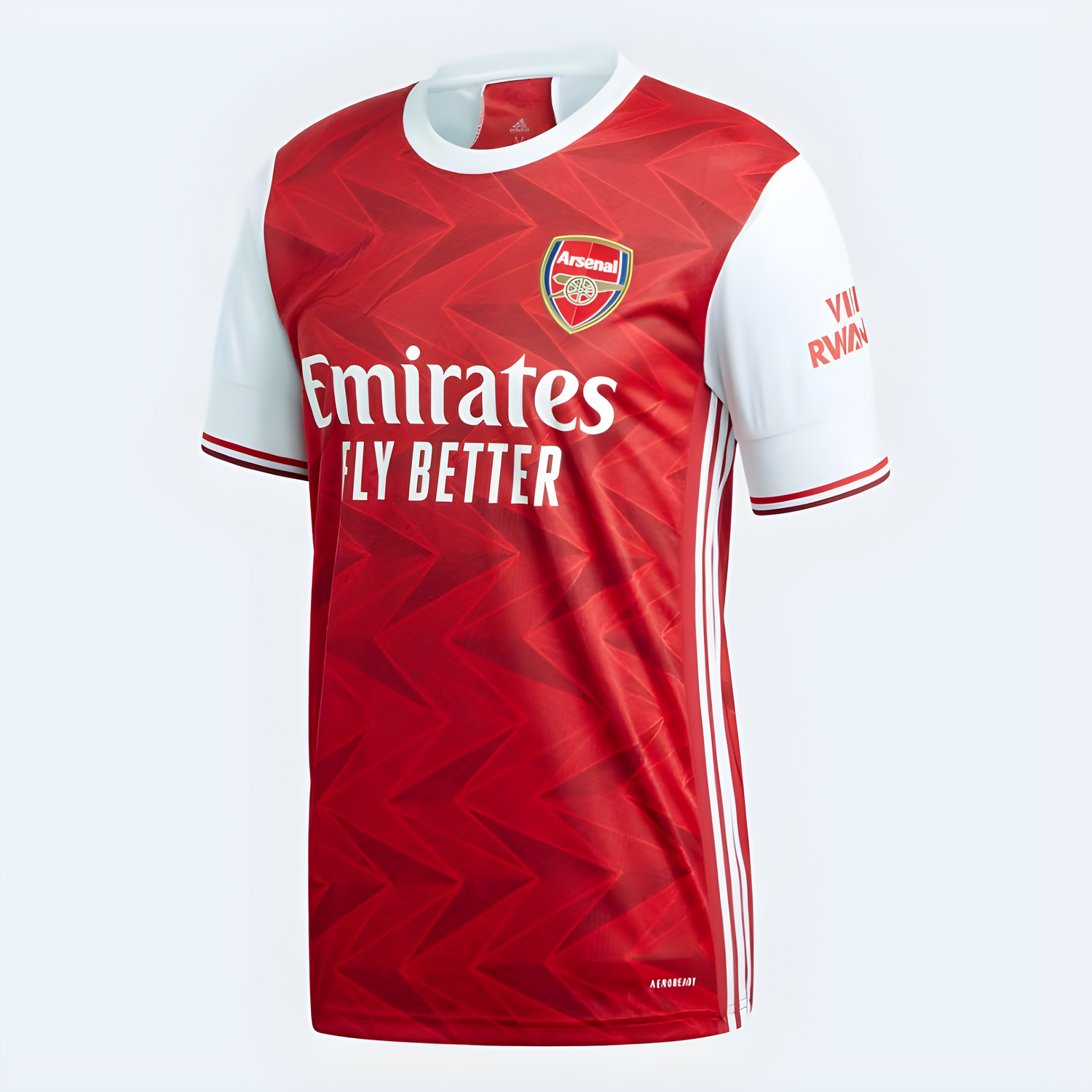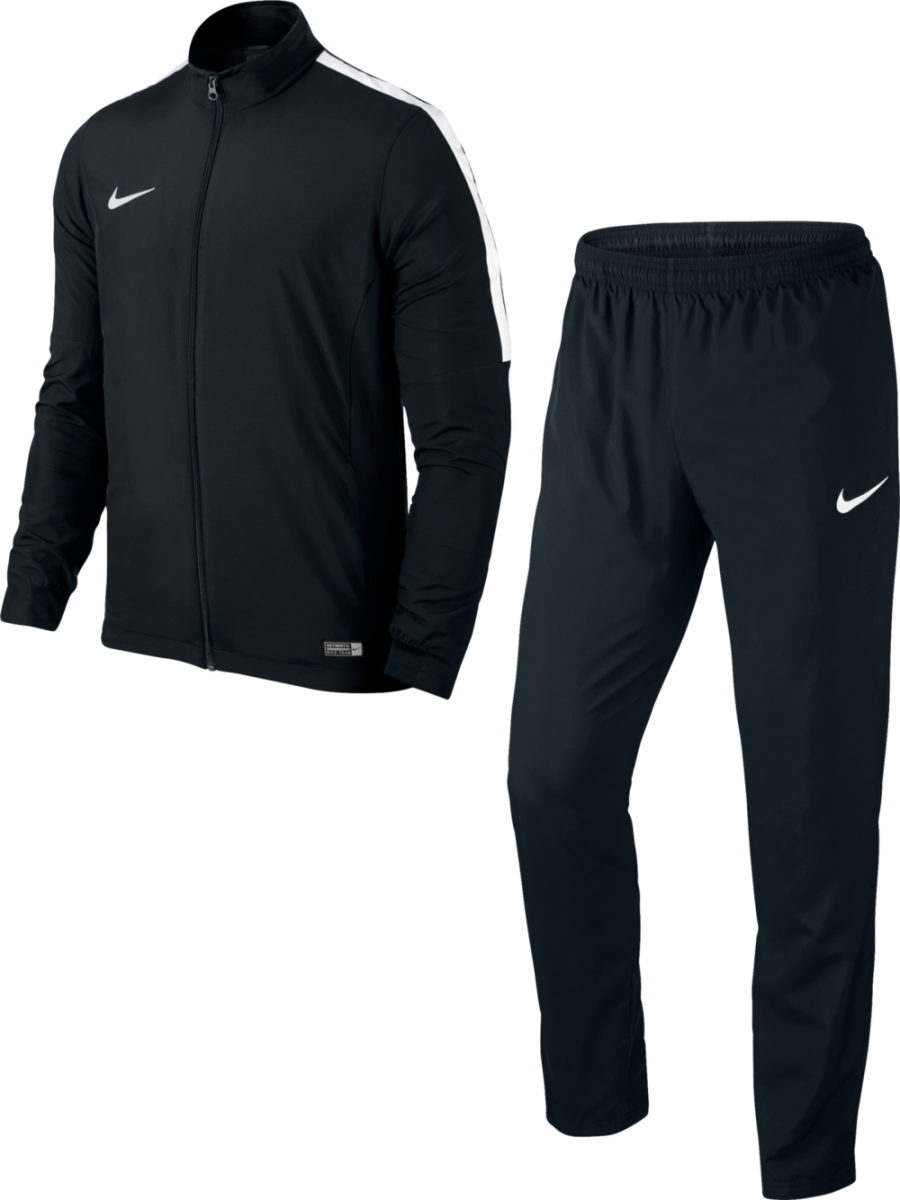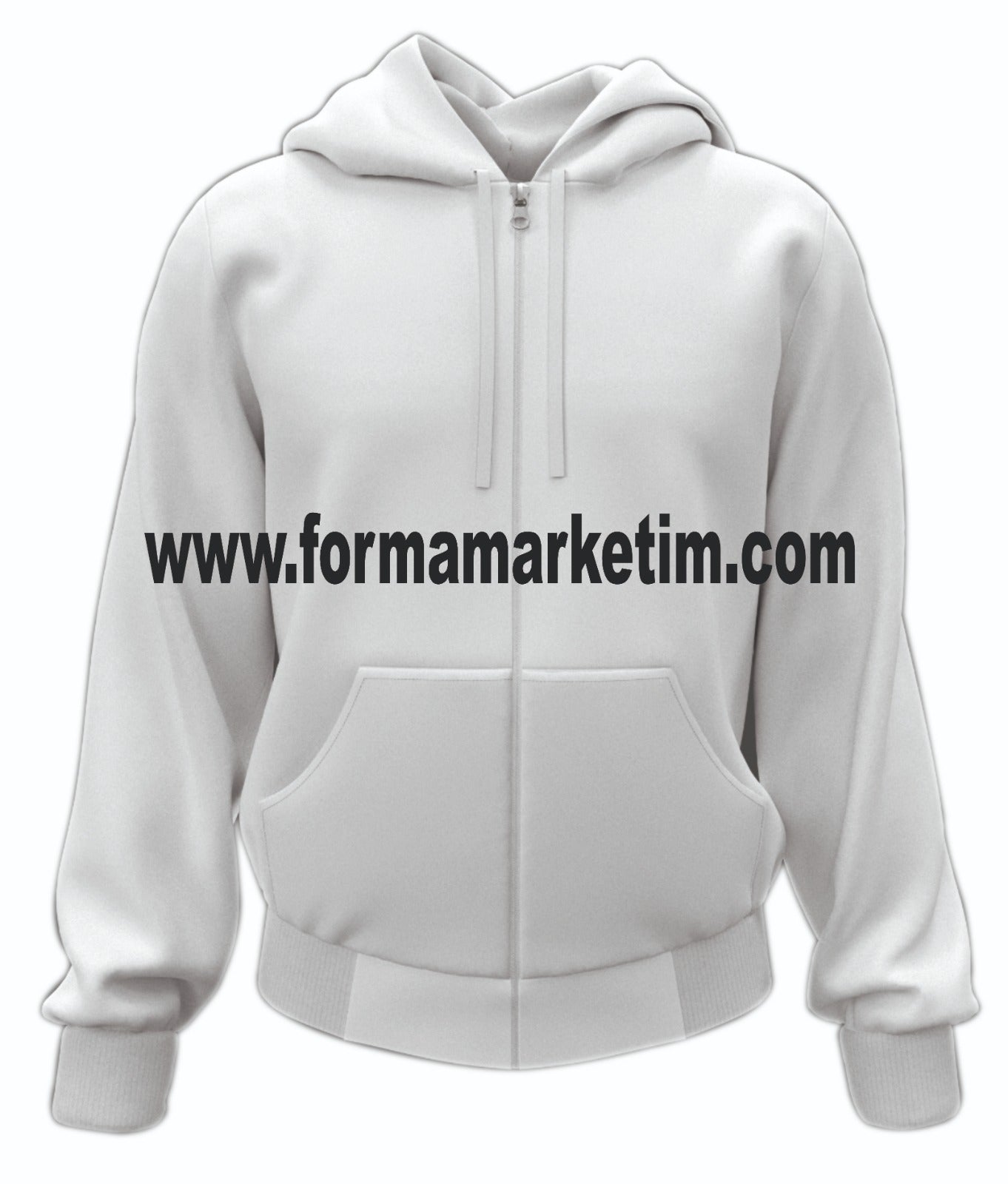"Jersey Manufacturing: Quality and Affordable Jersey Production"
What is Jersey Manufacturing?
Jersey manufacturing is the production process of specially designed sportswear for sports clubs, schools, companies or individuals. The materials used in the manufacturing phase, design details and printing quality directly affect both the aesthetic appearance and durability of the jersey. Jersey manufacturing can be diversified according to different sports branches such as football, basketball and volleyball. There may also be special jersey models designed for daily use. Therefore, the jersey manufacturing process is a very detailed and meticulous job.
How Does the Jersey Manufacturing Process Work?
Jersey manufacturing consists of several meticulously executed stages. Here are the details of these stages:
1. Design Phase: The first step is to determine customer demands. Information is collected such as what colors, patterns or special logos the customer wants. Today, thanks to digital design software, how the jersey will look can be simulated in 3D in advance.
2. Material Selection: One of the most important elements in jersey production is the material. A quality jersey should be breathable, sweat-wicking and lightweight. Materials such as polyester, microfiber or lycra are frequently preferred fabric types in jersey production. The quality of the material increases the comfort and durability of the jersey.
3. Pattern Preparation: Patterns specially prepared for each body ensure that the jersey is worn comfortably. Jerseys produced for professional athletes may have special cuts that do not limit movement.
4. Printing and Embroidery: The details of the design are transferred onto the jersey using various printing techniques. Different methods such as digital printing, screen printing or transfer printing can be applied according to customer preference. Embroidery technique is preferred for logos or names.
5. Production and Sewing Stage: The jersey parts are combined and the sewing process is carried out. Durable threads and quality sewing techniques ensure the longevity of the jersey.
6. Control and Delivery: After the production process is completed, the jerseys are passed through the quality control stage. Fabric quality, stitching strength and printing quality are checked and then delivered to the customer.
Things to Consider in Jersey Manufacturing
There are some important points to consider during jersey manufacturing:
Material Quality: Quality material directly affects the durability and comfort of the jersey.
Print Quality: The print should not fade or wear out over time. Therefore, the right printing technique should be chosen.
Stitching Workmanship: Quality stitching ensures that the jersey can be used for a long time.
Compliance with Design: The uniform must fully reflect the desired design details.
What are the advantages of jersey manufacturing?
Some of the advantages of jersey manufacturing are:
Original Design: Jersey manufacturing offers special designs according to customer demands.
Advertising Opportunity: Logos or writings placed on the jersey create advertising opportunities for companies.
Durability: Professionally produced jerseys can be used for a long time.
The Most Preferred Fabric Types in Uniform Manufacturing
Durable and lightweight fabrics are generally preferred in jersey production. Here are the most preferred fabric types:
1. Polyester: It is an easy-drying, durable and lightweight fabric. It is the most commonly used material in sports uniforms.
2. Lycra: Increases mobility with its flexible structure. It is especially ideal for tight-fitting jerseys.
3. Cotton Blend Fabrics: Cotton provides breathability as it is a natural material. Cotton blend fabrics are preferred for daily use.
Jersey Manufacturing with Digital Printing
Today, digital printing technology has become quite popular in jersey manufacturing. Digital printing allows the desired design to be transferred to the jersey in high quality. With this method, color transitions and fine details can be successfully reflected on the jersey. In addition, digital printing allows production in a shorter time.
Jersey Manufacturing Prices
Jersey manufacturing prices may vary depending on the preferred material, printing technique and production quantity. While the unit price is generally reduced in bulk orders, special designs may increase the price. When getting a price, remember that quality materials and workmanship should not be compromised.
Why Should Custom Jersey Manufacturing Be Preferred?
Custom jersey manufacturing offers designs that are specific to the individual or team, unlike standardized products. This reveals the unique identity of the brand or club. Especially for corporate companies and sports clubs, custom jersey manufacturing is an important element that strengthens the brand image.
Conclusion
A quality jersey production produces products that support the performance of athletes, are long-lasting and aesthetically appealing. Whether you are an amateur team or a professional club, working with the right jersey manufacturer will take you one step ahead.
www.formamarketim.com



